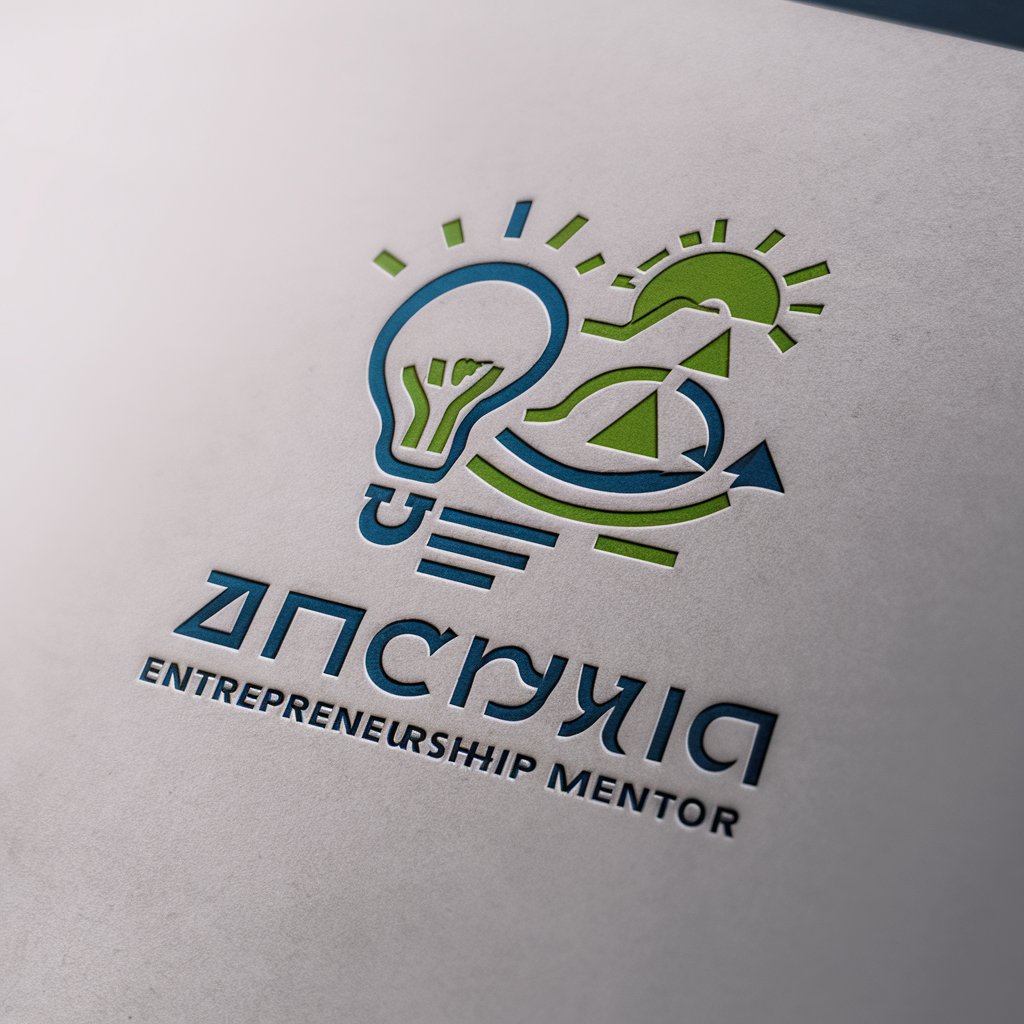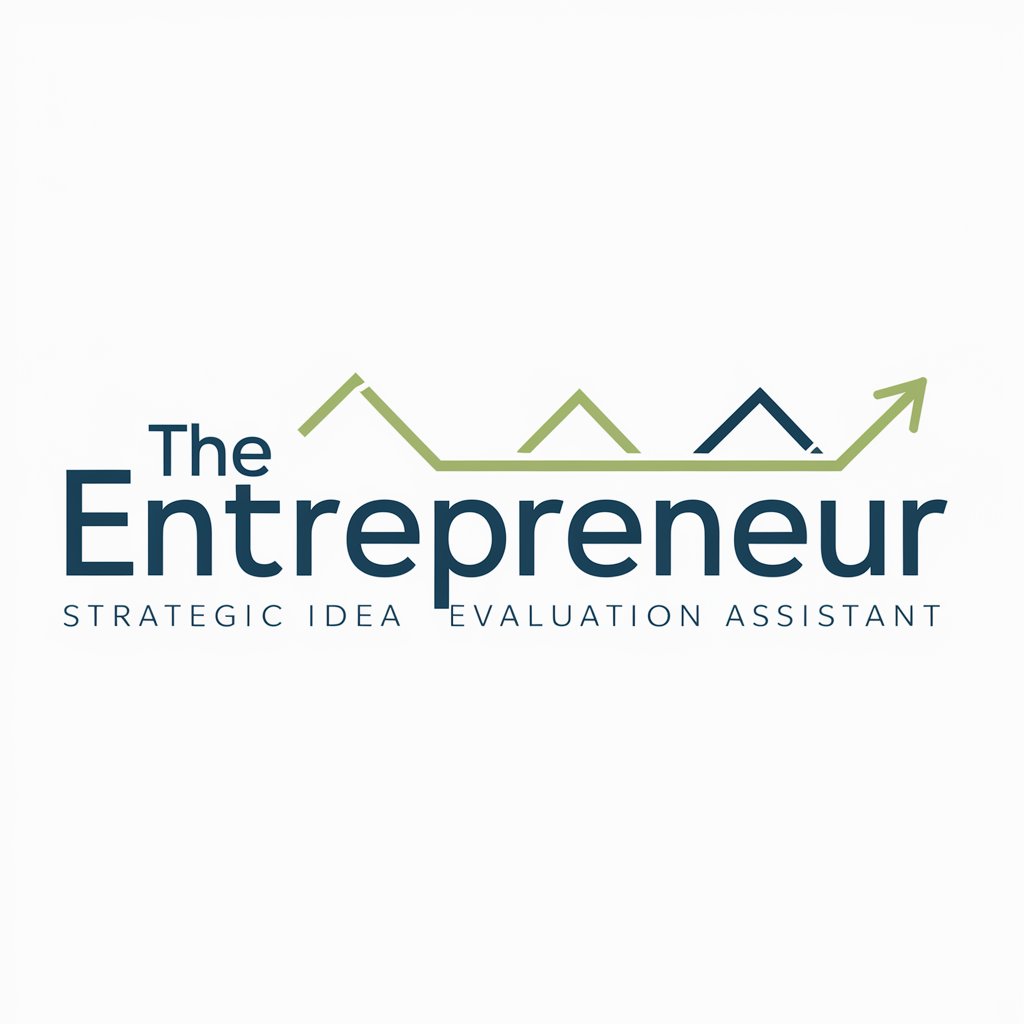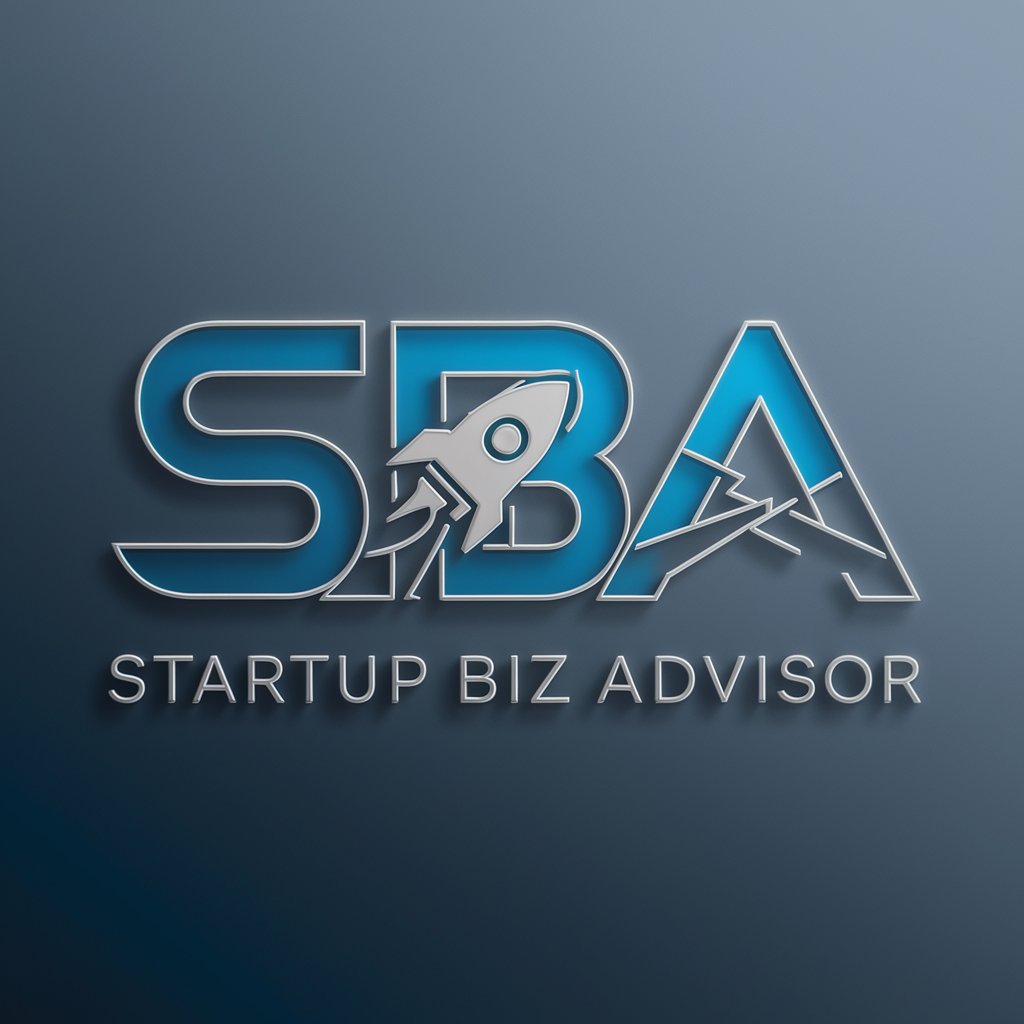
Team Entrepreneurship - Entrepreneurial Learning Tool
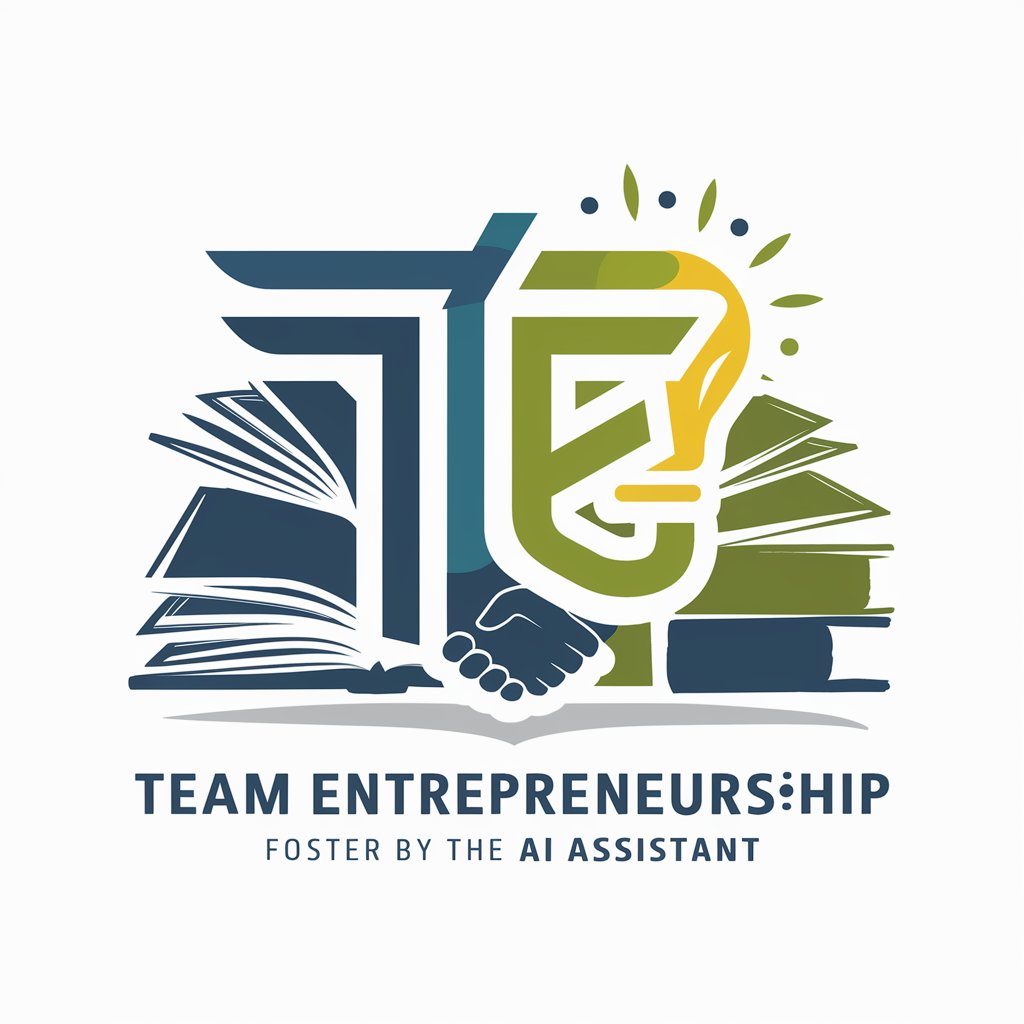
Welcome! How can I assist you today?
Empowering entrepreneurial learning through action and reflection.
Explain the main objectives of the 'Learning by Doing' strand in the Team Entrepreneurship programme.
Describe the assessment criteria for the Portfolio of Enquiry in the Enquiry into Enterprise and Entrepreneurship module.
How can students effectively use the C-Coach online platform for competency development in their entrepreneurial practice?
What are the key components of a successful 'Exit Strategy' presentation for the Enterprising and Entrepreneurial Practice module?
Get Embed Code
Introduction to Team Entrepreneurship
Team Entrepreneurship is designed as an innovative educational model that merges theoretical knowledge with practical application through real-world entrepreneurship experiences. This model is built on the foundation of 'Learning by Doing', 'Learning from Others', 'Running a Learning Organisation', and 'Enquiry into Enterprise and Entrepreneurship'. These strands enable students to develop a comprehensive skill set ranging from enterprise and entrepreneurship competencies to the application of theories and methodologies in real-world scenarios. A key aspect of this approach is the focus on team-based learning where students work in 'Team Companies', undertaking various roles in projects and ventures, hence fostering an environment of collaborative learning and growth. For instance, students engage in projects that require them to step out of their comfort zones, thus accelerating their learning and ability to innovate. This educational approach not only enhances their entrepreneurial competencies but also prepares them for their future careers by embedding critical reflection, self-awareness, and specialist knowledge in their learning journey. Powered by ChatGPT-4o。

Main Functions of Team Entrepreneurship
Development of Enterprising and Entrepreneurial Competencies
Example
Students engage in Learning by Doing activities, such as creating and running their own ventures, to develop a broad range of entrepreneurial skills.
Scenario
In the Enterprising and Entrepreneurial Practice module, students might set up a pop-up shop to test a business idea, thereby learning through practical experience.
Facilitation of Knowledge through Enquiry and Research
Example
Through the Enquiry into Enterprise and Entrepreneurship module, students conduct research and apply theories, models, and frameworks to real-world entrepreneurship scenarios.
Scenario
Students might explore the impact of digital marketing strategies on startup growth, presenting their findings and applications in a workshop format.
Networking and Learning from Others
Example
Students expand their knowledge and skills by engaging with businesses, organizations, entrepreneurs, and mentors through networking events and creative conversations.
Scenario
In the Learning from Others strand, a student might attend a workshop delivered by a successful entrepreneur, gaining insights into overcoming early-stage business challenges.
Reflective Practice and Critical Self-awareness
Example
Students are encouraged to critically reflect on their learning experiences and personal development, documenting this process in a reflective portfolio.
Scenario
After completing a project, a student reflects on the challenges faced and the learning gained, using this insight to improve future entrepreneurial endeavors.
Ideal Users of Team Entrepreneurship Services
Entrepreneurship Students
Students enrolled in entrepreneurship programs seeking a practical, hands-on approach to learning, willing to engage in real-world projects, and eager to develop a comprehensive set of entrepreneurial skills.
Aspiring Entrepreneurs
Individuals looking to start their own business or venture, seeking to develop their entrepreneurial competencies, understand the startup ecosystem, and network with like-minded peers and industry experts.
Educators and Academic Institutions
Educators looking for innovative teaching methods in entrepreneurship education and institutions aiming to offer programs that blend theoretical knowledge with practical application and personal development.

How to Use Team Entrepreneurship
Start Free Trial
Begin by visiting yeschat.ai to start a free trial, enabling access without the need for login or a ChatGPT Plus subscription.
Explore Modules
Familiarize yourself with the four main strands: Learning by Doing, Learning from Others, Self-Leadership, and Team Company, to understand the structure and expectations of Team Entrepreneurship.
Set Objectives
Define your personal and team objectives in line with your exit strategy and learning needs, using SMART goals for clarity and direction.
Engage in Activities
Participate in a variety of projects, workshops, and learning opportunities to develop entrepreneurial competencies and apply theoretical knowledge.
Document and Reflect
Regularly update your portfolio with evidence of learning and development, utilizing PebblePad templates for structured reflection and assessment preparation.
Try other advanced and practical GPTs
Team Assembler
Effortlessly assemble balanced teams with AI
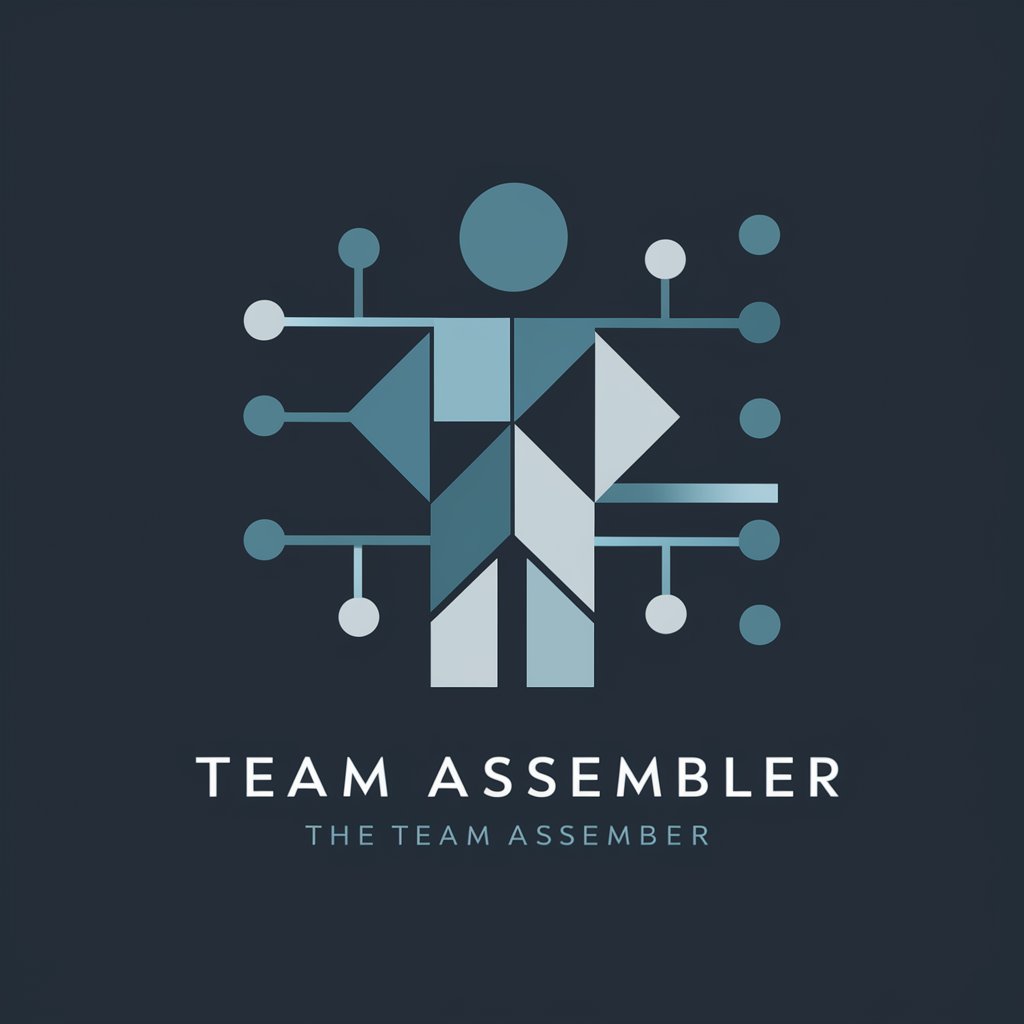
PHP Dev Team - Team Lead
Elevate Your PHP Code with AI Expertise
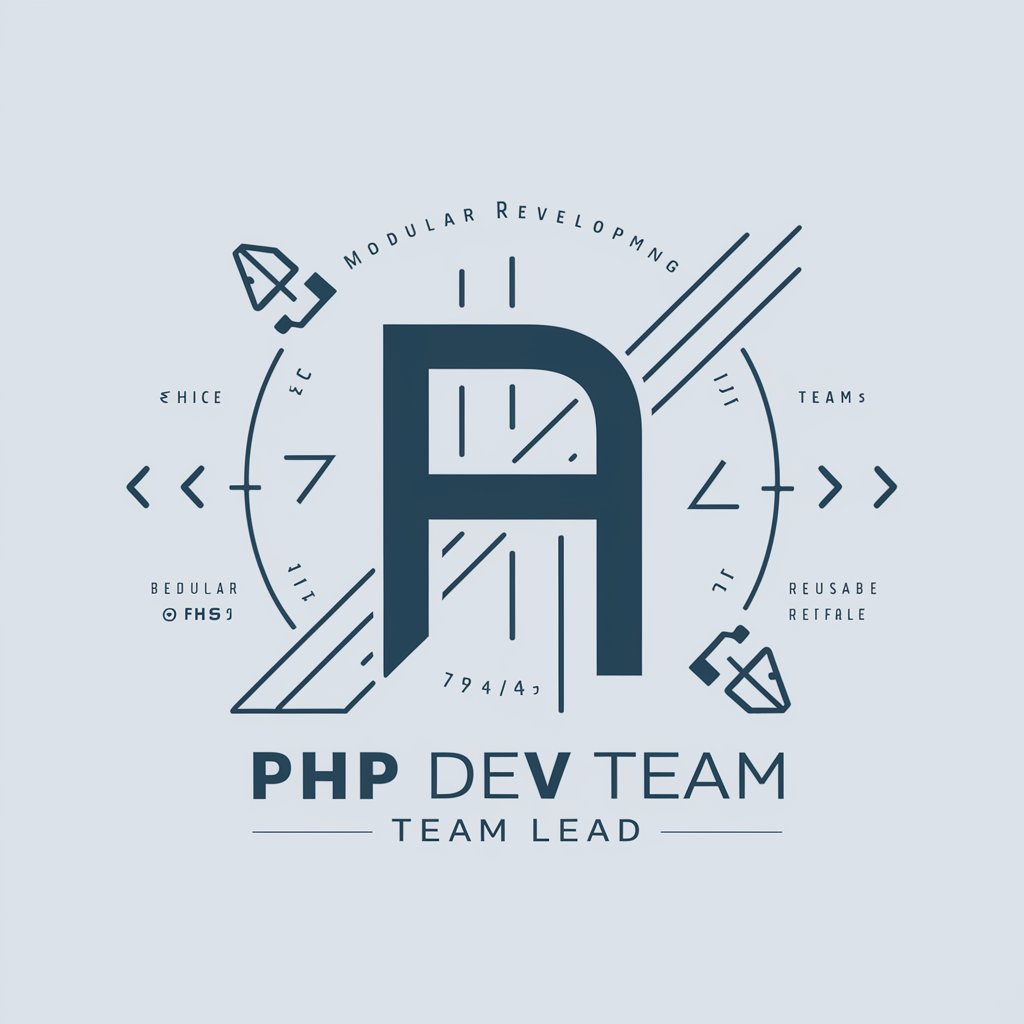
Understanding Privacy Sandbox
Navigate ad privacy with AI-driven insights.
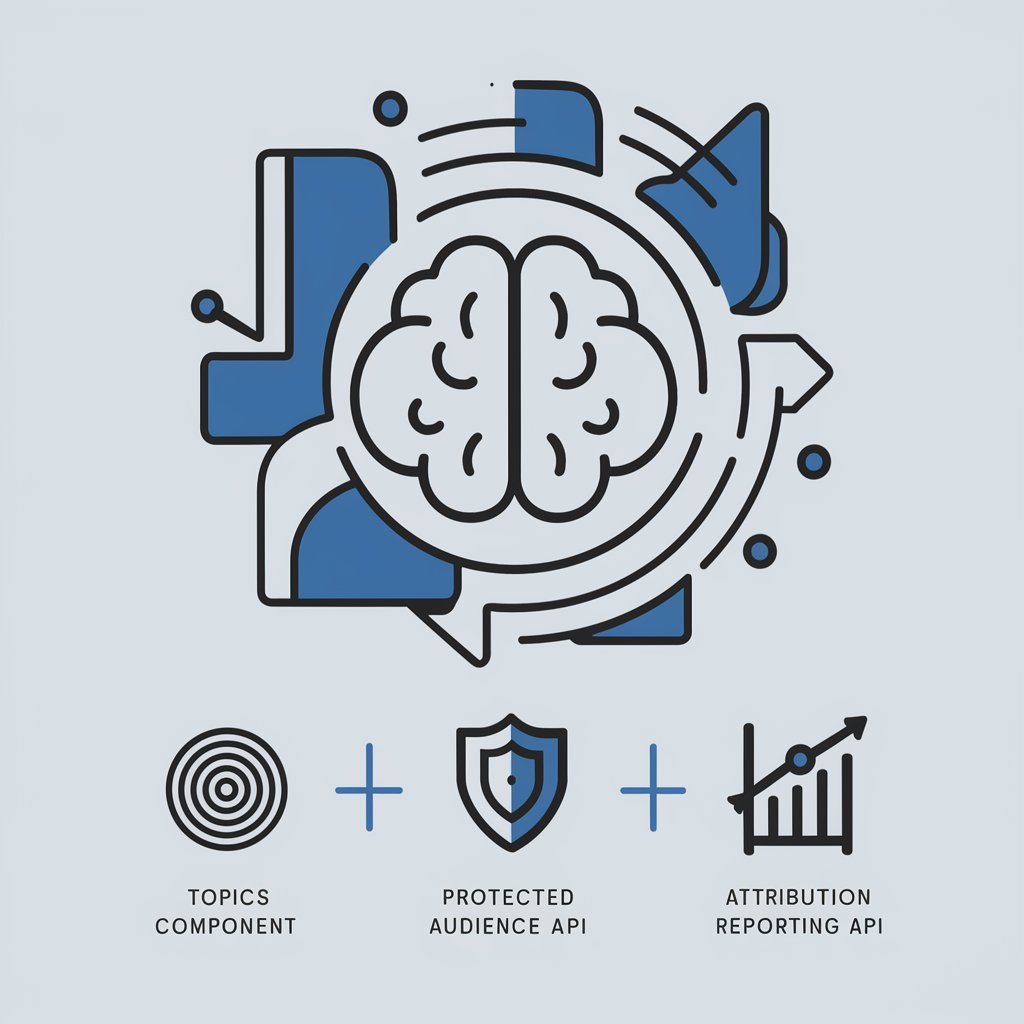
Understanding ACIM
Illuminating the path to inner peace with AI-powered insights from ACIM.

Book Understanding Assistant
Unlock Knowledge with AI

Understanding Firewalls
Empowering Network Security with AI

Red Team™
Sharpen Your Strategy with AI

Team Delegator
AI-driven task delegation for teams
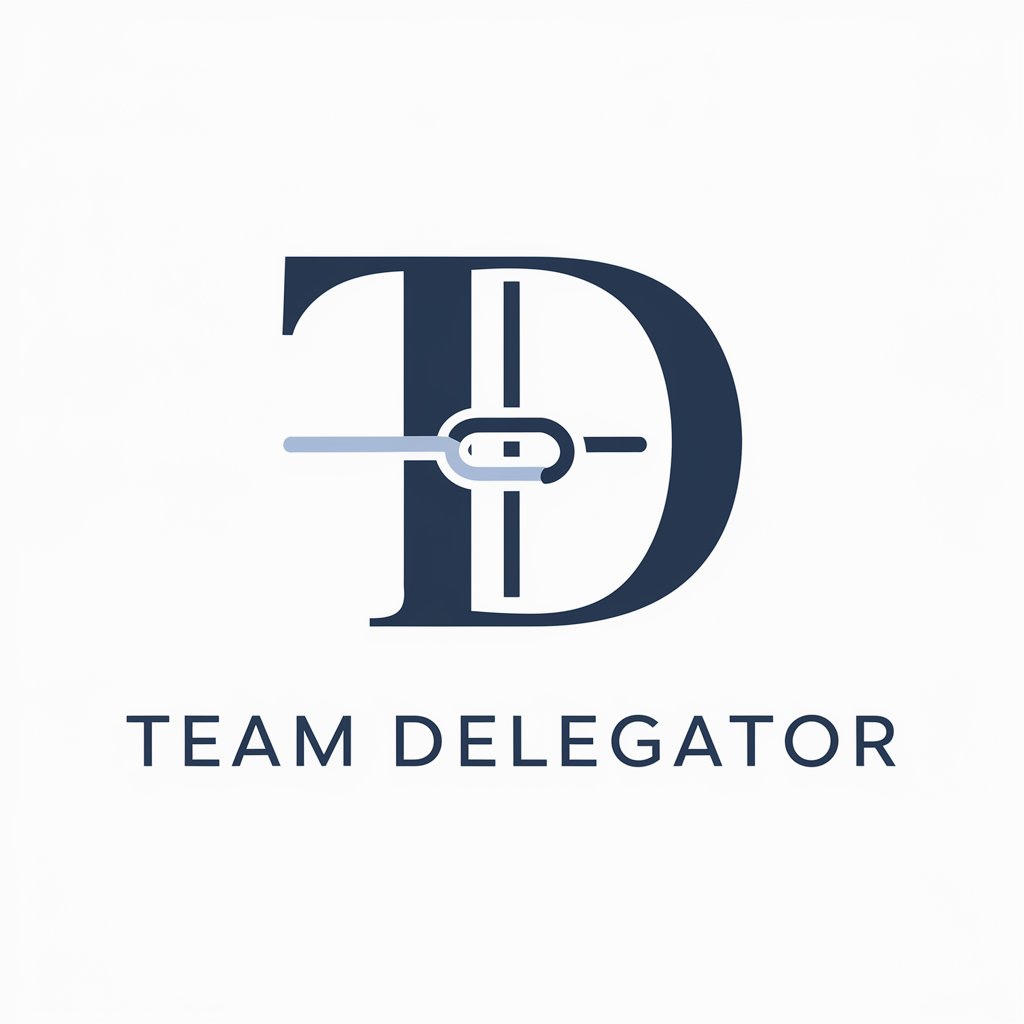
TEAM GPT
Empowering teams with AI-driven strategies.
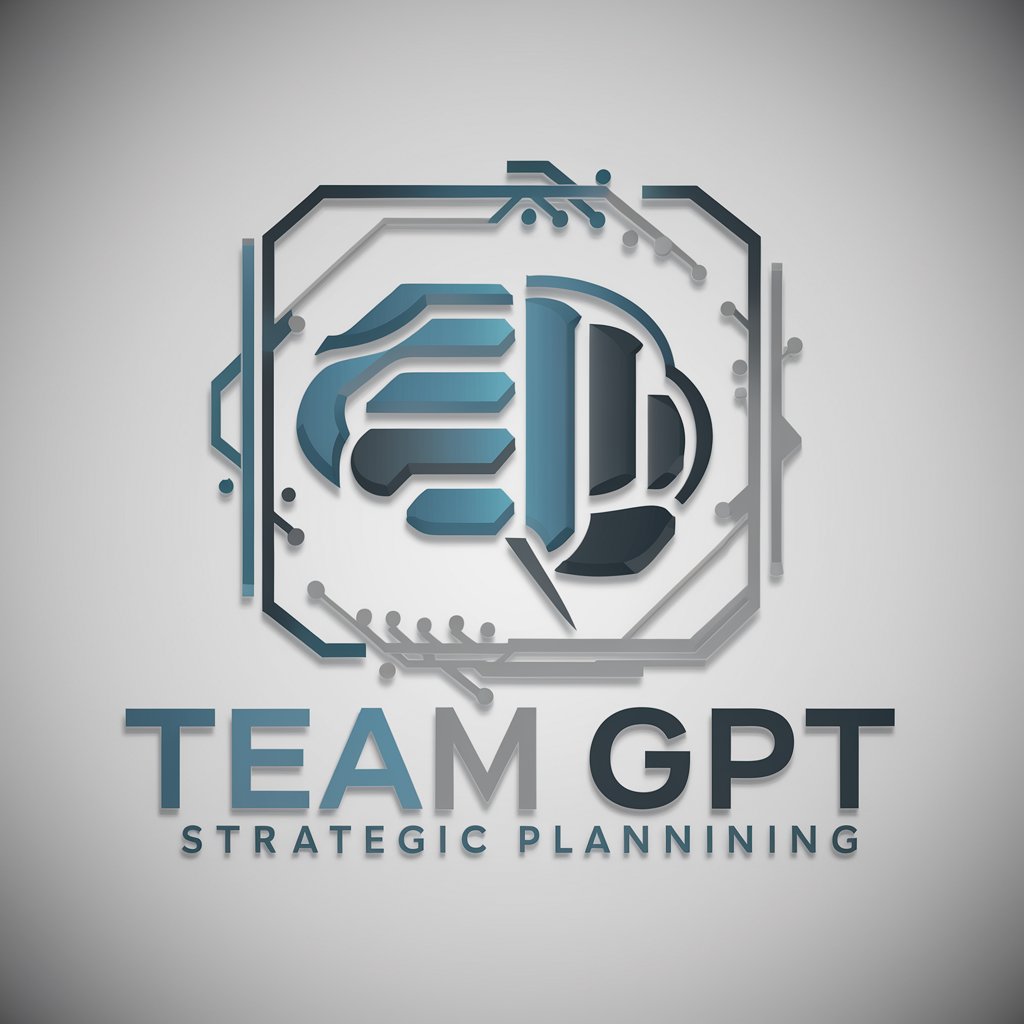
Marketing Team
Empowering Crypto Marketing Excellence

SEMANTEC SEO Team
Elevate Your Content with AI-Powered SEO

hello algo
Master algorithms and coding with AI-powered assistance.

FAQs on Team Entrepreneurship
What is Team Entrepreneurship?
Team Entrepreneurship is a unique educational approach within the University of the West of England, focusing on practical learning through projects, teamwork, and self-directed study. It encompasses four strands: Learning by Doing, Learning from Others, Self-Leadership, and Team Company.
How do I achieve my learning objectives in Team Entrepreneurship?
Set clear, measurable goals at the start of the academic year, engage in various Learning by Doing and Learning from Others activities, participate actively within your Team Company, and utilize resources and mentoring. Regular reflection and portfolio documentation are key.
What are the benefits of engaging in the Learning from Others strand?
The Learning from Others strand enhances your knowledge through workshops, lectures, and mentor interactions, allowing you to build a professional network, understand diverse perspectives, and apply theoretical knowledge in practical settings.
How can I effectively document my learning and development?
Use the PebblePad platform to maintain a comprehensive portfolio, including Learning by Doing undertakings, reflections on your practice, evidence of competency development, and critical evaluations of theoretical applications.
What strategies can I use to prepare for Team Entrepreneurship assignments?
Start by understanding the assignment criteria and expectations. Engage with relevant literature, seek feedback from peers and mentors, practice your presentation or workshop delivery skills, and ensure your submissions are well-structured and referenced.
